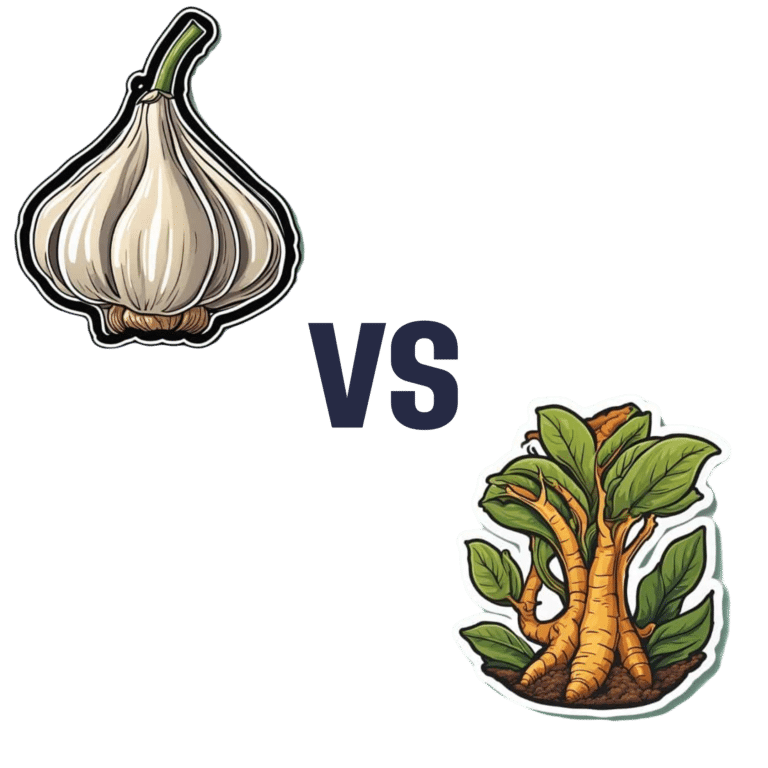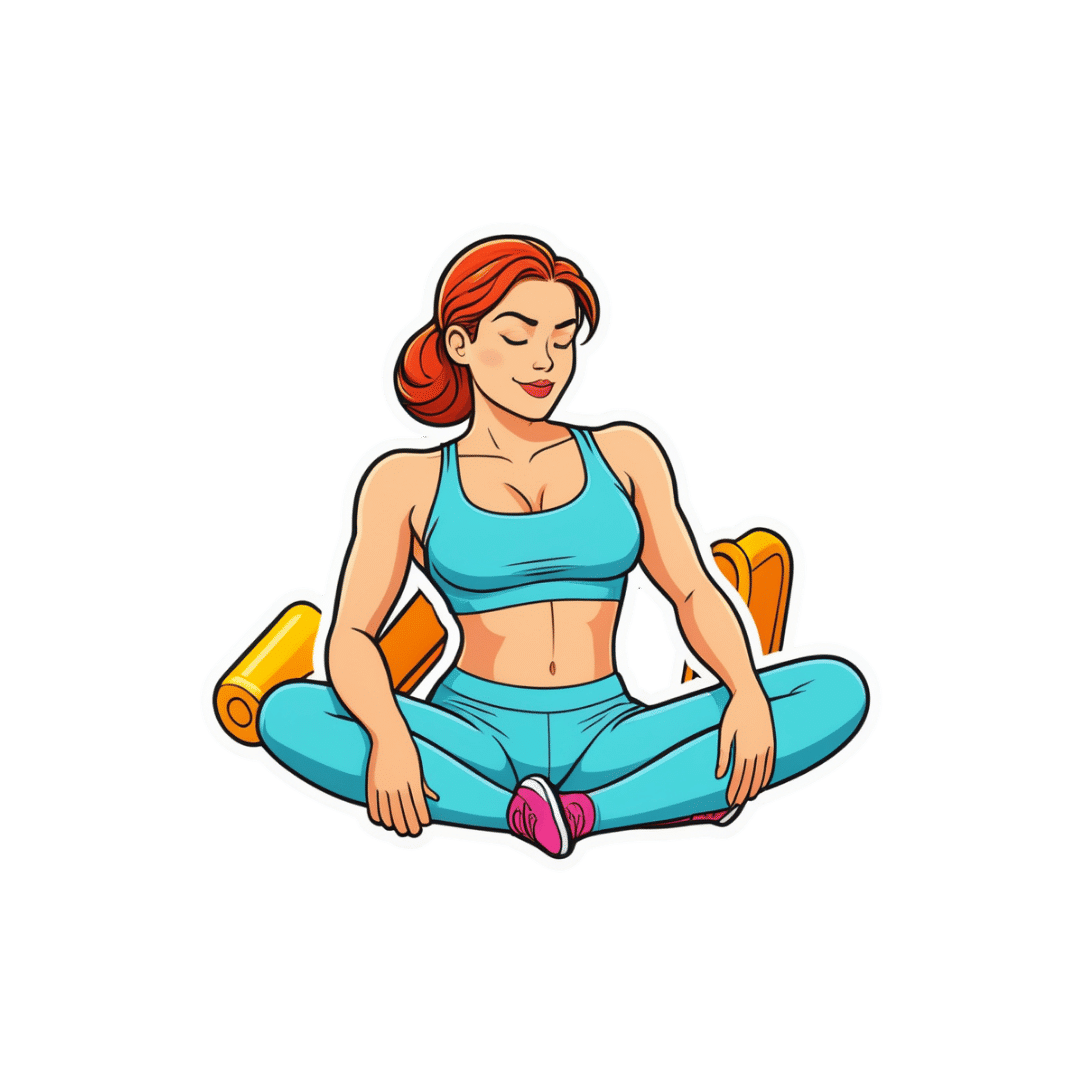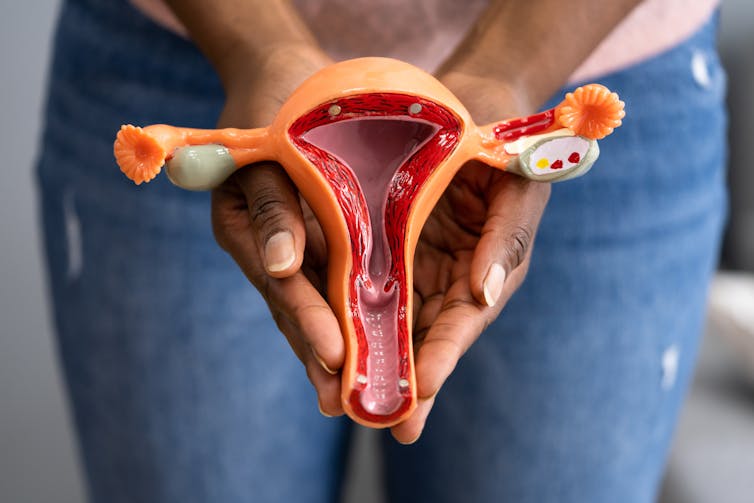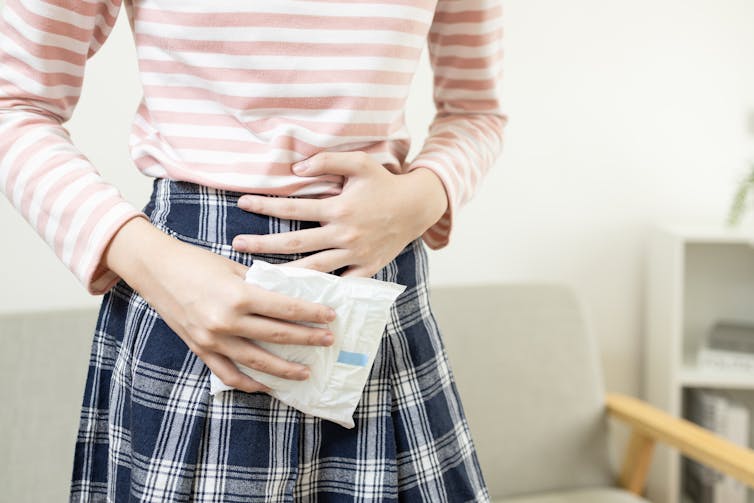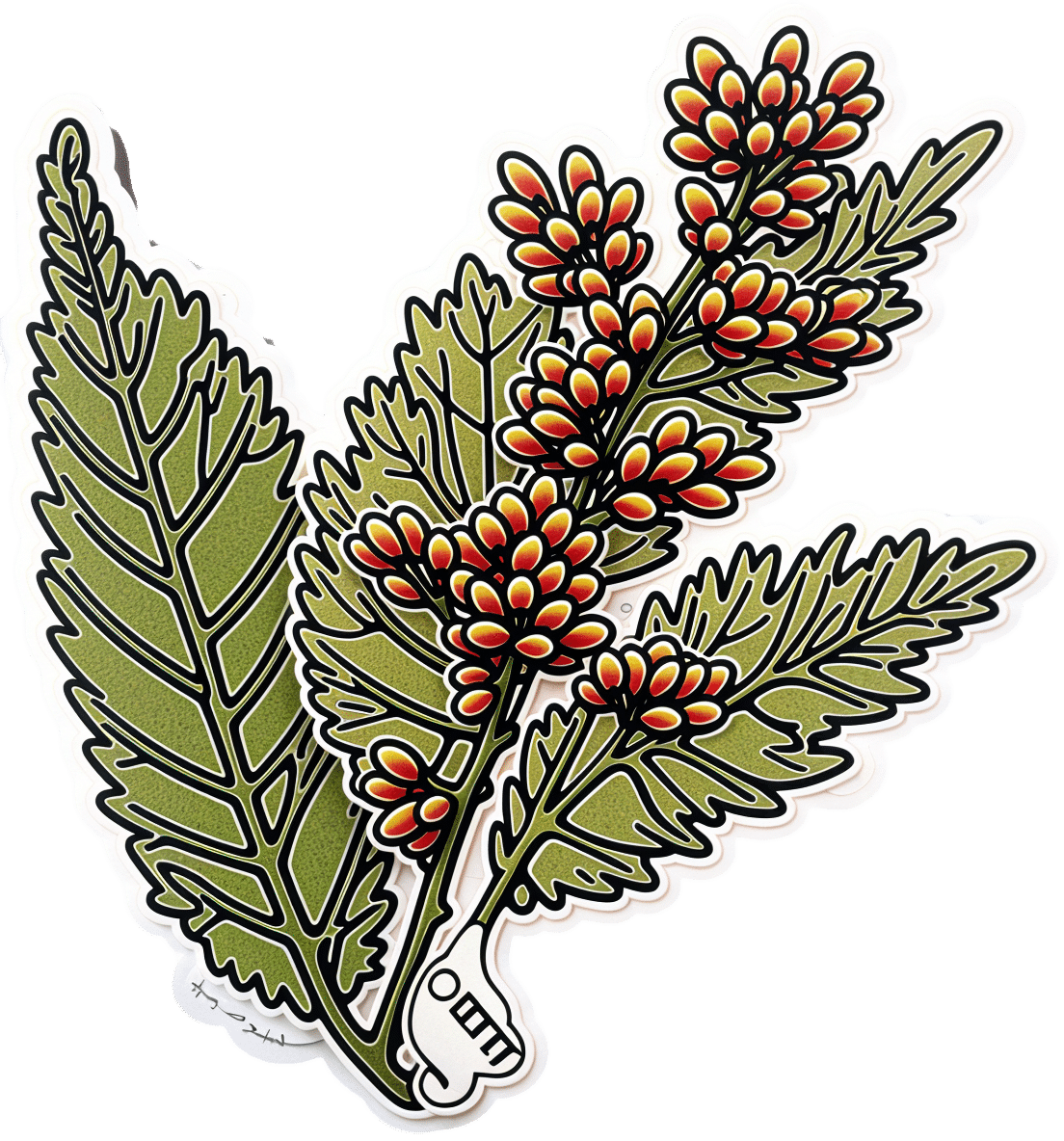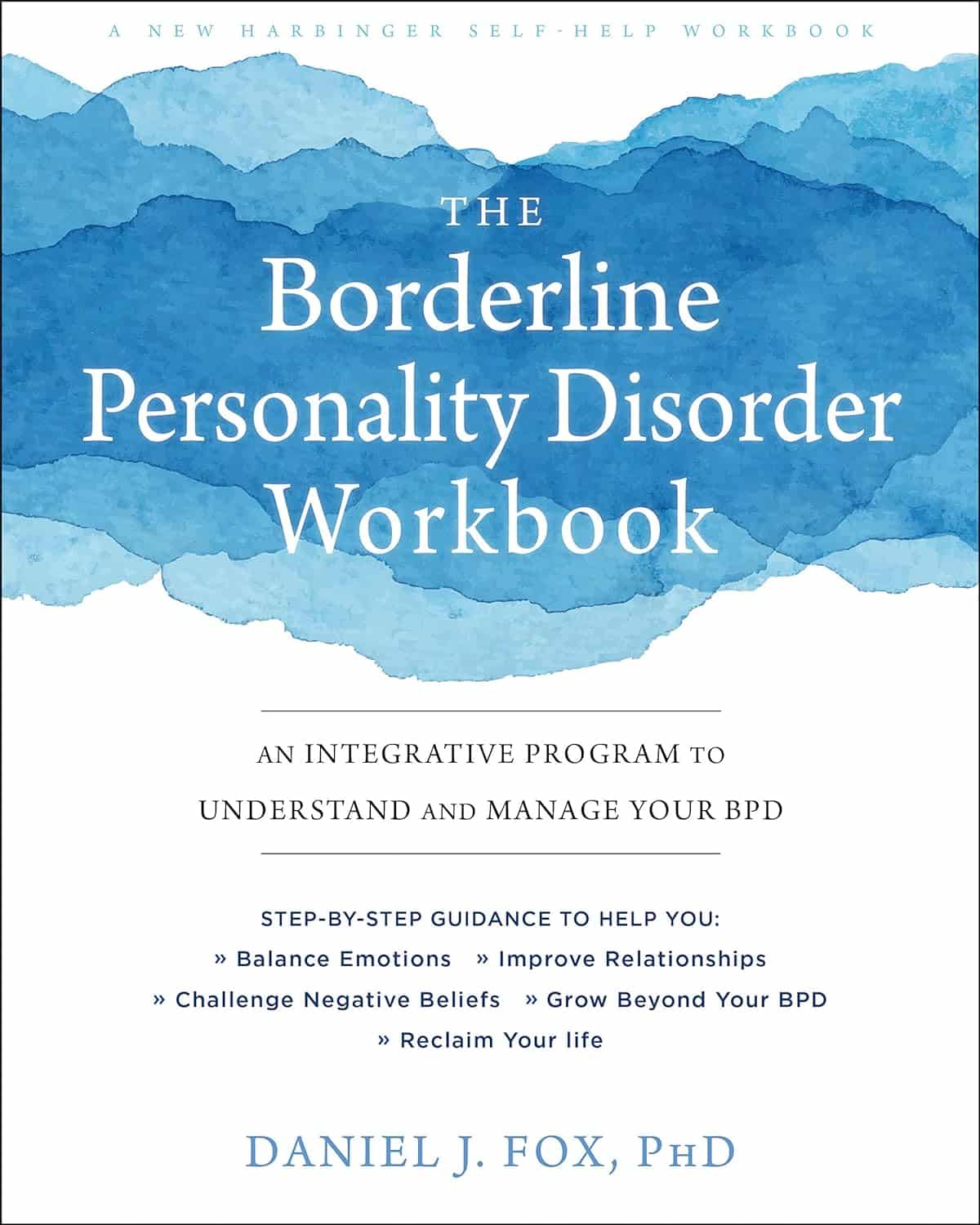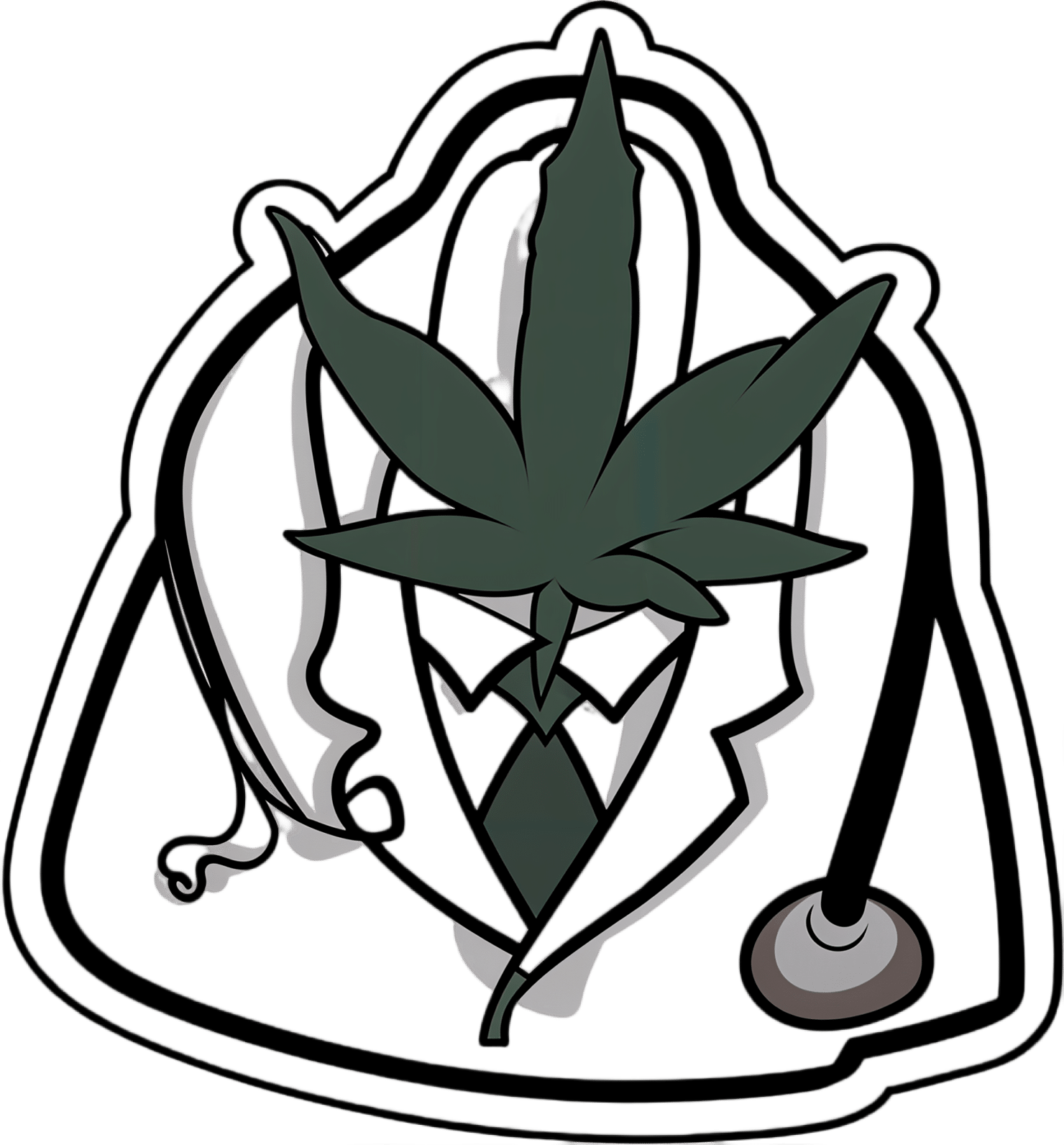
Oranges vs Lemons – Which is Healthier?
10almonds is reader-supported. We may, at no cost to you, receive a portion of sales if you purchase a product through a link in this article.
Our Verdict
When comparing oranges to lemons, we picked the oranges.
Why?
In the battle of these popular citrus fruits, there is a clear winner on the nutritional front.
Things were initially promising for lemons when looking at the macros—lemons have a little more fiber while oranges are slightly higher in carbs, but the differences are small and both are very healthy in this regard.
However, alas for this writer who prefers sour fruits to sweet ones (I’m sweet enough already), the micronutrient profiles tell a different story:
In terms of vitamins, oranges have more of vitamins A, B1, B2, B3, B5, B9, E, and choline. In contrast, lemons have a (very) little more vitamin B6. You might be wondering about vitamin C, since both fruits are famous for that—they’re equal on vitamin C. But, with that stack we listed above, oranges clearly win the vitamin category easily.
As for minerals, oranges boast more calcium, copper, magnesium, potassium, selenium, and zinc, while lemons have more iron, manganese, and phosphorus.
Technically lemons also have more sodium, but the numbers are truly miniscule (by coincidence, we discover upon grabbing a calculator, you’d need to eat approximately your own bodyweight in whole lemons to get to the RDA of sodium—and that’s to reach the RDA, not the upper healthy limit) so we’ll overlook the tiny sodium difference as irrelevant. Which means, while closer than the vitamins category, oranges win on minerals with a 6:3 lead over lemons.
Both fruits offer generous helpings of flavonoids and other polyphenols such as naringenin and hesperidin, which have anti-inflammatory properties and more specifically can also reduce allergy symptoms (unless, of course, you are allergic to citrus fruits, which is a relatively rare but extant allergy).
In short: as ever, enjoy both; diversity is great for the health. But if you want to maximize the nutrients you get, it’s oranges.
Want to learn more?
You might like to read:
Lemons vs Limes – Which is Healthier?
Take care!
Don’t Forget…
Did you arrive here from our newsletter? Don’t forget to return to the email to continue learning!
Recommended
Learn to Age Gracefully
Join the 98k+ American women taking control of their health & aging with our 100% free (and fun!) daily emails:
-
Knee Cracking & Popping: Should You Be Worried?
10almonds is reader-supported. We may, at no cost to you, receive a portion of sales if you purchase a product through a link in this article.
Dr. Tom Walters (Doctor of Physical Therapy) explains about what’s going on behind our musical knees, and whether or not this synovial symphony is cause for concern.
When to worry (and when not to)
If the clicking/cracking/popping/etc does not come with pain, then it is probably being caused by the harmless movement of fluid within the joints, in this case specifically the patellofemoral joint, just behind the kneecap.
As Dr. Walters says:
❝It is extremely important that people understand that noises from the knee are usually not associated with pathology and may actually be a sign of a healthy, well-lubricated joint. let’s be careful not to make people feel bad about their knee noise as it can negatively influence how they view their body!❞
On the other hand, there is also such a thing as patellofemoral joint pain syndrome (PFPS), which is very common, and involves pain behind the kneecap, especially upon over-stressing the knee(s).
In such cases, it is good to get that checked out by a doctor/physiotherapist.
Dr. Walters advises us to gradually build up strength, and not try for too much too quickly. He also advises us to take care to strengthen our glutes in particular, so our knees have adequate support. Gentle stretching of the quadriceps and soft tissue mobilization with a foam roller, are also recommended, to reduce tension on the kneecap.
For more on these things and especially about the exercises, enjoy:
Click Here If The Embedded Video Doesn’t Load Automatically!
Want to learn more?
You might like to read:
How To Really Take Care Of Your Joints
Take care!
Share This Post
-
What’s the difference between period pain and endometriosis pain?
10almonds is reader-supported. We may, at no cost to you, receive a portion of sales if you purchase a product through a link in this article.
Menstruation, or a period, is the bleeding that occurs about monthly in healthy people born with a uterus, from puberty to menopause. This happens when the endometrium, the tissue that lines the inside of the uterus, is shed.
Endometriosis is a condition that occurs when endometrium-like tissue is found outside the uterus, usually within the pelvic cavity. It is often considered a major cause of pelvic pain.
Pelvic pain significantly impacts quality of life. But how can you tell the difference between period pain and endometriosis?
Polina Zimmerman/Pexels Periods and period pain
Periods involve shedding the 4-6 millimetre-thick endometrial lining from the inside of the uterus.
As the lining detaches from the wall of the uterus, the blood vessels which previously supplied the lining bleed. The uterine muscles contract, expelling the blood and crumbled endometrium.
The crumbled endometrium and blood mostly pass through the cervix and vagina. But almost everyone back-bleeds via their fallopian tubes into their pelvic cavity. This is known as “retrograde menstruation”.
Most of the lining is shed through the vagina. Andrey_Popov/Shutterstock The process of menstrual shedding is caused by inflammatory substances, which also cause nausea, vomiting, diarrhoea, headaches, aches, pains, dizziness, feeling faint, as well as stimulating pain receptors.
These inflammatory substances are responsible for the pain and symptoms in the week before a period and the first few days.
For women with heavy periods, their worst days of pain are usually the heaviest days of their period, coinciding with more cramps to expel clots and more retrograde bleeding.
Many women also have pain when they are releasing an egg from their ovary at the time of ovulation. Ovulation or mid-cycle pain can be worse in those who bleed more, as those women are more likely to bleed into the ovulation follicle.
Around 90% of adolescents experience period pain. Among these adolescents, 20% will experience such severe period pain they need time off from school and miss activities. These symptoms are too often normalised, without validation or acknowledgement.
What about endometriosis?
Many symptoms have been attributed to endometriosis, including painful periods, pain with sex, bladder and bowel-related pain, low back pain and thigh pain.
Other pain-related conditions such migraines and chronic fatigue have also been linked to endometriosis. But these other pain-related symptoms occur equally often in people with pelvic pain who don’t have endometriosis.
One in five adolescents who menstrate experience severe symptoms. CGN089/Shutterstock Repeated, significant period and ovulation pain can eventually lead some people to develop persistent or chronic pelvic pain, which lasts longer than six months. This appears to occur through a process known as central sensitisation, where the brain becomes more sensitive to pain and other sensory stimuli.
Central sensitisation can occur in people with persistent pain, independent of the presence or absence of endometriosis.
Eventually, many people with period and/or persistent pelvic pain will have an operation called a laparoscopy, which allows surgeons to examine organs in the pelvis and abdomen, and diagnose and treat endometriosis.
Yet only 50% of those with identical pain symptoms who undergo a laparoscopy will end up having endometriosis.
Endometriosis is also found in pain-free women. So we cannot predict who does and doesn’t have endometriosis from symptoms alone.
How is this pain managed?
Endometriosis surgery usually involves removing lesions and adhesions. But at least 30% of people return to pre-surgery pain levels within six months or have more pain than before.
After surgery, emergency department presentations for pain are unchanged and 50% have repeat surgery within a few years.
Suppressing periods using hormonal therapies (such as continuous oral contraceptive pills or progesterone-only approaches) can suppress endometriosis and reduce or eliminate pain, independent of the presence or absence of endometriosis.
Not every type or dose of hormonal medications suits everyone, so medications need to be individualised.
The current gold-standard approach to manage persistent pelvic pain involves a multidisciplinary team approach, with the aim of achieving sustained remission and improving quality of life. This may include:
- physiotherapy for pelvic floor and other musculoskeletal problems
- management of bladder and bowel symptoms
- support for self-managing pain
- lifestyle changes including diet and exercise
- psychological or group therapy, as our moods, stress levels and childhood events can affect how we feel and experience pain.
Whether you have period pain, chronic pelvic pain or pain you think is associated with endometriosis, if you feel pain, it’s real. If it’s disrupting your life, you deserve to be taken seriously and treated as the whole person you are.
Sonia R. Grover, Senior Research Fellow, Murdoch Children’s Research Institute; Clinical Professor of Gynaecology, The University of Melbourne
This article is republished from The Conversation under a Creative Commons license. Read the original article.
Share This Post
-
Cilantro vs Parsley – Which is Healthier?
10almonds is reader-supported. We may, at no cost to you, receive a portion of sales if you purchase a product through a link in this article.
Our Verdict
When comparing cilantro to parsley, we picked the parsley.
Why?
Notwithstanding that some of our recipes include “cilantro, or if you have the this-tastes-like-soap gene, parsley”, that choice is more for the taste profile than the nutrition profile. Both are good, though, and it is quite close!
Like many herbs, they’re both full of vitamins and minerals and assorted phytochemicals.
In the category of vitamins, they’re both very good sources of vitamins A, C, and K, but parsley has more of each (and in vitamin K’s case, 4–5 times more). Parsley also has about twice as much folate. For the other vitamins, they’re mostly quite equal except that cilantro has more vitamin E.
When it comes to minerals, again they’re both good but again parsley is better on average, with several times more iron, and about twice as much calcium, zinc, and magnesium. Cilantro only wins noticeably for selenium.
Both have an array of anti-inflammatory phytochemicals, and each boasts antioxidants with anticancer potential.
Both have mood-improving qualities and have research for their anxiolytic and antidepressant effects—sufficient that these deserve their own main feature sometime.
For now though, we’ll say: healthwise, these two wonderful herbs are equal on most things, except that parsley has the better micronutrient profile.
Enjoy!
Further reading
You might also enjoy:
Herbs For (Evidence-Based) Health & Healing
Take care!
Share This Post
Related Posts
-
Fisetin: The Anti-Aging Assassin
10almonds is reader-supported. We may, at no cost to you, receive a portion of sales if you purchase a product through a link in this article.
Out With The Old…
Fisetin is a flavonoid (specifically, a flavonol), but it’s a little different than most. While it has the usual antioxidant, anti-inflammatory, and anti-cancer properties you might reasonably expect from flavonoids, it has an extra anti-aging trick up its sleeve that most don’t.
❝Fisetin is a flavonol that shares distinct antioxidant properties with a plethora of other plant polyphenols. Additionally, it exhibits a specific biological activity of considerable interest as regards the protection of functional macromolecules against stress which results in the sustenance of normal cells cytoprotection. Moreover, it shows potential as an anti-inflammatory, chemopreventive, chemotherapeutic and recently also senotherapeutic agent❞
~ Dr. Grynkiewicz & Dr. Demchuk
Let’s briefly do some due diligence on its expected properties, and then we’ll take a look at its bonus anti-aging effects.
The flavonol that does-it-ol
Because of the similar mechanisms involved, there are three things that often come together, which are:
- Antioxidant
- Anti-inflammatory
- Anticancer
This list often gets expanded to also include:
- Anti-aging
…although that is usually the last thing to get tested out of that list.
In today’s case, let’s kick it off with…
❝Fisetin (3,3′,4′,7-tetrahydroxyflavone) is a dietary flavonoid found in various fruits (strawberries, apples, mangoes, persimmons, kiwis, and grapes), vegetables (tomatoes, onions, and cucumbers), nuts, and wine that has shown strong anti-inflammatory, anti-oxidant, anti-tumorigenic, anti-invasive, anti-angiogenic, anti-diabetic, neuroprotective, and cardioprotective effects❞
Read more: Fisetin and Its Role in Chronic Diseases
Understanding its anticancer mechanisms
The way that fisetin fights cancer is basically “all the ways”, and this will be important when we get to its special abilities shortly:
❝Being a potent anticancer agent, fisetin has been used to inhibit stages in the cancer cells (proliferation, invasion),prevent cell cycle progression, inhibit cell growth, induce apoptosis, cause polymerase (PARP) cleavage, and modulate the expressions of Bcl‐2 family proteins in different cancer cell lines (HT‐29, U266, MDA‐MB‐231, BT549, and PC‐3M‐luc‐6), respectively. Further, fisetin also suppresses the activation of the PKCα/ROS/ERK1/2 and p38 MAPK signaling pathways, reduces the NF‐κB activation, and down‐regulates the level of the oncoprotein securin. Fisetin also inhibited cell division and proliferation and invasion as well as lowered the TET1 expression levels. ❞
Read more: Fisetin: An anticancer perspective
There’s also more about it than we even have room to quote, here:
Now For What’s New And Exciting: Senolysis
All that selectivity that fisetin exhibits when it comes to “this cell gets to live, and this one doesn’t” actions?
It makes a difference when it comes to aging, too. Because aging and cancer happen by quite similar mechanisms; they’re both DNA-copying errors that get copied forward, to our detriment.
- In the case of cancer, it’s a cell line that accidentally became immortal and so we end up with too many of them multiplying in one place (a tumor)
- In the case of aging, it’s the cellular equivalent of “a photocopy of a photocopy of a photocopy” gradually losing information as it goes
In both cases…
The cell must die if we want to live
Critically, and which quality differentiates it from a lot of other flavonoids, fisetin has the ability to selectively kill senescent cells.
To labor the photocopying metaphor, this means there’s an office worker whose job it is to say “this photocopy is barely legible, I’m going to toss this, and then copy directly from the clearest copy we have instead”, thus keeping the documents (your DNA) in pristine condition.
In fisetin’s case, this was first tested in mouse (in vivo) studies, and in human tissue (in vitro) studies, before moving to human clinical studies:
❝Of the 10 flavonoids tested, fisetin was the most potent senolytic.
The natural product fisetin has senotherapeutic activity in mice and in human tissues. Late life intervention was sufficient to yield a potent health benefit.❞
~ Dr. Matthew Yousefzadeh et al.
Read in full: Fisetin is a senotherapeutic that extends health and lifespan
There’s lots more science that’s been done to it since that first groundbreaking study though; here’s a more recent example:
Want some?
We don’t sell it, but here for your convenience is an example product on Amazon
Enjoy!
Don’t Forget…
Did you arrive here from our newsletter? Don’t forget to return to the email to continue learning!
Learn to Age Gracefully
Join the 98k+ American women taking control of their health & aging with our 100% free (and fun!) daily emails:
-
The Borderline Personality Disorder Workbook – by Dr. Daniel Fox
10almonds is reader-supported. We may, at no cost to you, receive a portion of sales if you purchase a product through a link in this article.
Personality disorders in general get a bad rep. In part, because their names and descriptions often focus on how the disorders affect other people, rather than how they affect the actual sufferer:
- “This disorder gives you cripplingly low self-esteem; we call it Evil Not-Quite-Human Disorder”
- “This disorder makes you feel unloveable; we call it Abusive Bitch Disorder”
- …etc
Putting aside the labels and stigma, it turns out that humans sometimes benefit from help. In the case of BPD, characterized by such things as difficult moods and self-sabotage, the advice in this book can help anyone struggling with those (and related) issues.
The style of the book is both textbook, and course. It’s useful to proceed through it methodically, and doing the exercises is good too. We recommend getting the print edition, not the Kindle edition, so that you can check off boxes, write in it (pencil, if you like!), etc.
Bottom line: if you or a loved one suffers from BPD symptoms (whether or not you/they would meet criteria for diagnosis), this book can help a lot.
Click here to check out the BPD Workbook, and retake control of your life!
Don’t Forget…
Did you arrive here from our newsletter? Don’t forget to return to the email to continue learning!
Learn to Age Gracefully
Join the 98k+ American women taking control of their health & aging with our 100% free (and fun!) daily emails:
-
CBD Oil’s Many Benefits
10almonds is reader-supported. We may, at no cost to you, receive a portion of sales if you purchase a product through a link in this article.
CBD Oil: What Does The Science Say?
First, a quick legal (and practical) note:
CBD and THC are both derived from the hemp or cannabis plant, but only the latter has euphoriant psychoactive effects, i.e., will get you high. We’re writing here about CBD derived from hemp and not containing THC (thus, will not get you high).
Laws and regulations differ far too much from place to place for us to try to advise here, so please check your own local laws and regulations. And also, while you’re at it, with your doctor and/or pharmacist.
As ever, this newsletter is for purposes of education and enjoyment, and does not constitute any kind of legal (or medical) advice.
With that in mind, onwards to today’s research review…
CBD for Pain Relief
CBD has been popularly touted as a pain relief panacea, and there are a lot of pop-science articles out there “debunking” this, but…
The science seems to back it up. We couldn’t find studies refuting the claim (of CBD as a viable pain relief option). We did, however, find research showing it was good against:
Note that that latter (itself a research review, not a single study, hence covering a lot of bases) describes it matter-of-factly, with no caveats or weasel-words, as:
“CBD, a non-euphoriant, anti-inflammatory analgesic with CB1 receptor antagonist and endocannabinoid modulating effects”
As a quick note: all of the above is about the topical use of CBD oil, not any kind of ingestion
CBD for Anxiety/Depression
There’s a well-cited study with what honestly we think was a bit of a small sample size, but compelling results within that:
A study published in the Brazilian Journal of Psychiatry tested the anxiety levels of 57 men in a simulated public speaking test.
Compared to placebo…
- Those who received 300mg of CBD experienced significantly reduced anxiety during the test.
- Those who received either 150mg or 600mg of CBD experienced more anxiety during the test than the 300mg group
- This means there’s a sweet spot to the dosage
There was also a clinical study that found CBD to have anti-depressant effects.
The methodology was a lot more robust, but the subjects were mice. We can’t have everything in one study, apparently! There is probably a paucity of human volunteers to have their brain slices looked at after tests, though.
Anyway, what makes this study interesting is that it measured quite an assortment of biological markers in the brain, and found that the CBD had a similar physiological effect to the antidepressant imipramine.
CBD for Treating Opioid Addiction
There are a lot of studies for this, both animal and human, but we’d like to put the spotlight on a human study (with the participation of heroin users) that found:
❝Within one week, CBD significantly reduced cravings, anxiety, resting heart rate, and salivary cortisol levels. No serious adverse effects were found.❞
This is groundbreaking because the very thing about heroin is that it’s so addictive and the body rapidly needs more and more of it. You might think “duh”, but most people don’t realize this part:
Heroin is attractive because it offers (and delivers) an immediate guaranteed “downer”, instant relaxation… with none of the bad side effects of, for example, alcohol. No nausea, no hangover, nothing.
The problem is that the body gets tolerant to heroin very quickly, meaning your doses need to get bigger and more frequent to have the same effect.
Before you know it, what seemed like an affordable “self-medication for a stressful life” is very much out of control! Many doctors have personally found this out the hard way.
So, it’s ruinous:
- first to your financial health, as the costs rapidly spiral
- then to your physical health, as you either suffer from withdrawal or eventually overdose
Consequently, heroin is an incredibly easy drug to get hooked onto, and incredibly difficult to get back off.
So CBD offering relief is really a game-changer.
And more…
CBD has been well-studied and found to be effective for a lot of things, more than we could hope to cover in a single edition here.
Some further reading that may interest you includes:
- CBD against Diabetes in mice / in vitro / in humans
- CBD against neurological diseases (in general, in humans)
- CBD against arthritis in mice / in humans
- CBD specifically against the pain of rheumatoid arthritis / of osteoarthritis
Let us know if there’s any of these (or other) conditions you’d like us to look more into the CBD-related research for, because there’s a lot! You can always hit reply to any of our emails, or use the feedback widget at the bottom
Read (and shop, if you want and it’s permitted where you are):
10 Best CBD Oils of 2023, According to the Forbes Health Advisory Board
Don’t Forget…
Did you arrive here from our newsletter? Don’t forget to return to the email to continue learning!
Learn to Age Gracefully
Join the 98k+ American women taking control of their health & aging with our 100% free (and fun!) daily emails:

